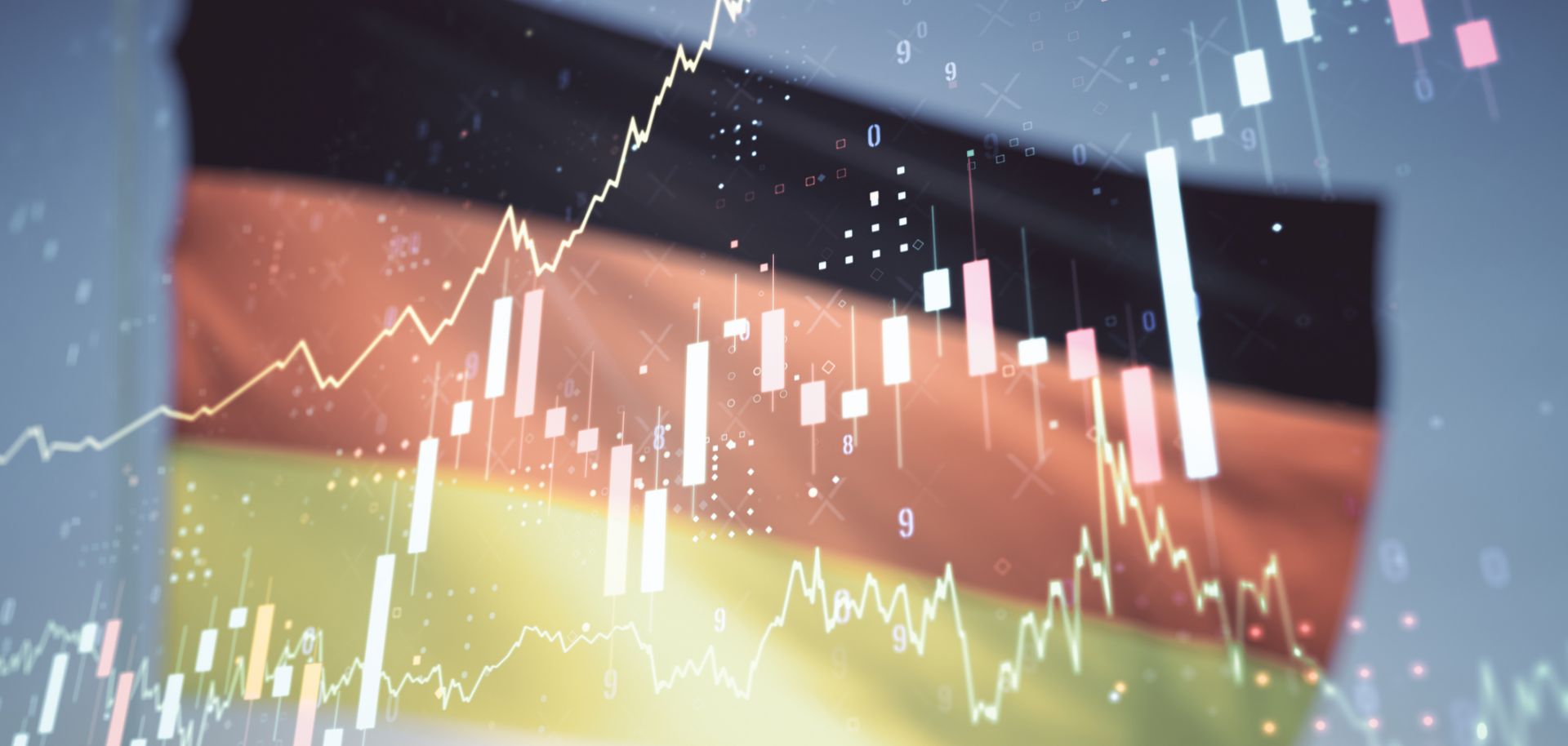Germany's fractious ruling coalition finally collapsed amid irreconcilable disagreements over economic and fiscal policies, paving the way for an early general election that could reduce policy uncertainty if it results in a more cohesive government. Germany's three-party ruling coalition collapsed on the evening of Nov. 6 as Chancellor Olaf Scholz from the center-left Social Democratic Party, or SPD, fired Finance Minister Christian Lindner from the fiscally conservative Free Democratic Party, or FDP, over persistent disagreements on economic and fiscal policies. Lindner's firing will force Scholz to call for a confidence vote that he said would take place on Jan. 15. In the likely case Scholz loses this vote, a snap election will take place in March, six months ahead of schedule. Meanwhile, opposition Christian Democratic Union, or CDU, party leader Friedrich Merz is calling for elections to take place as early as January 2025. Linder's firing followed his Nov. 1...

